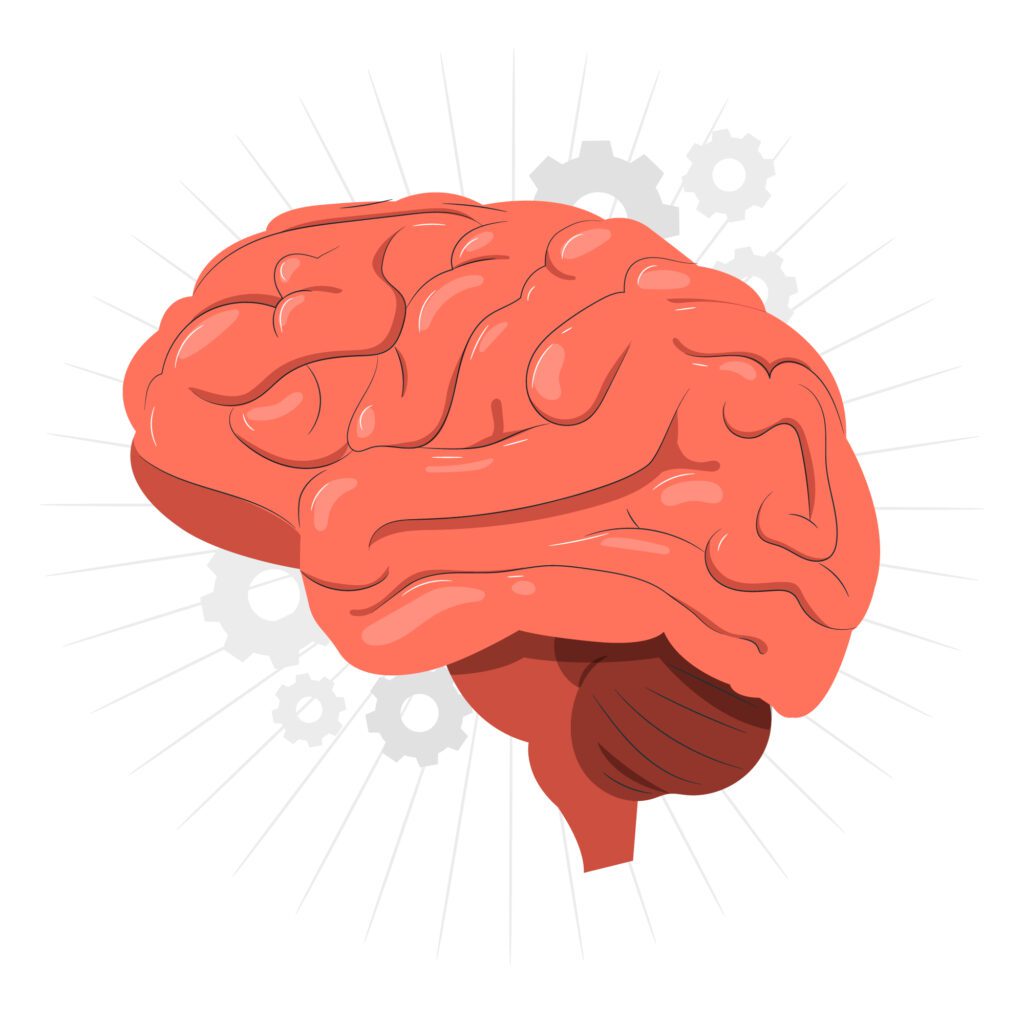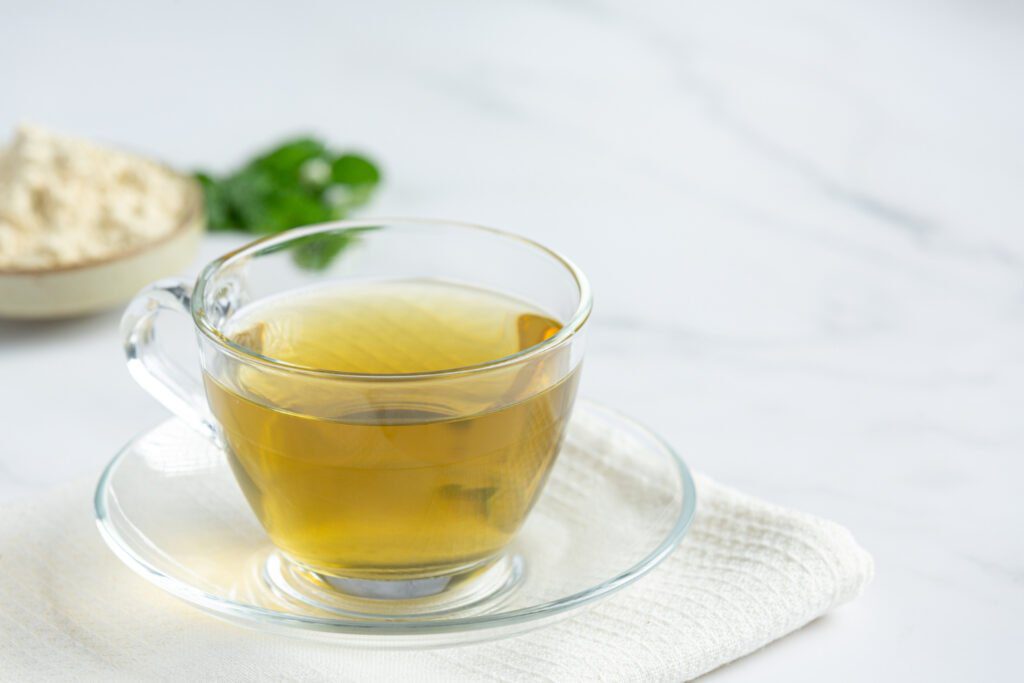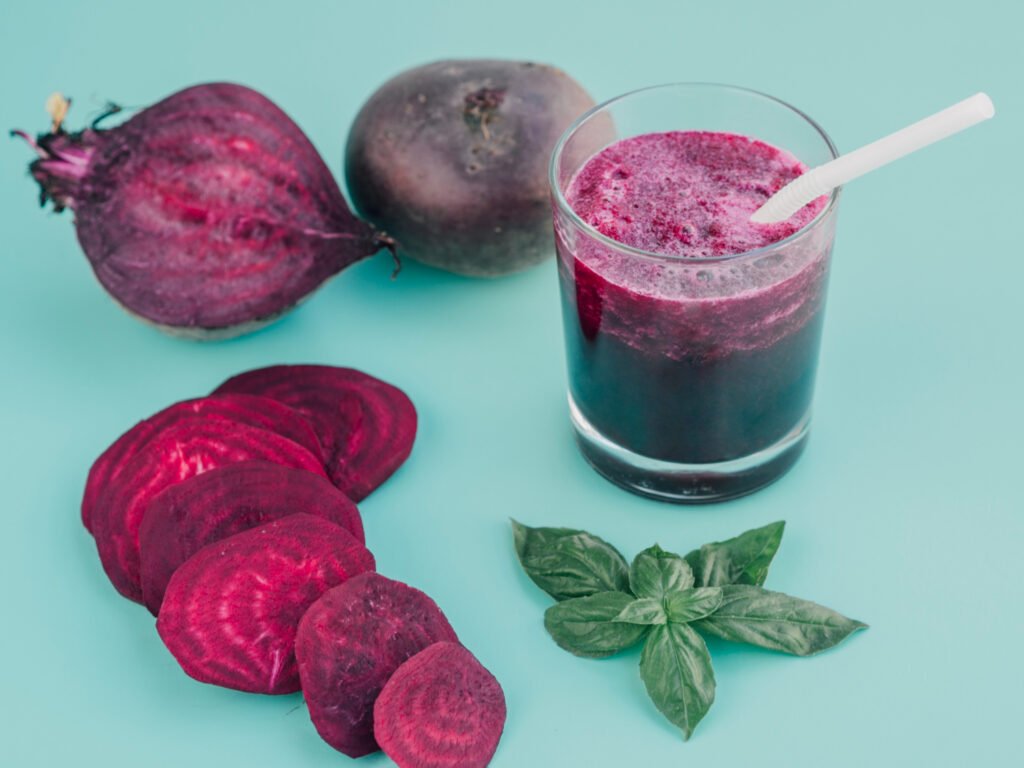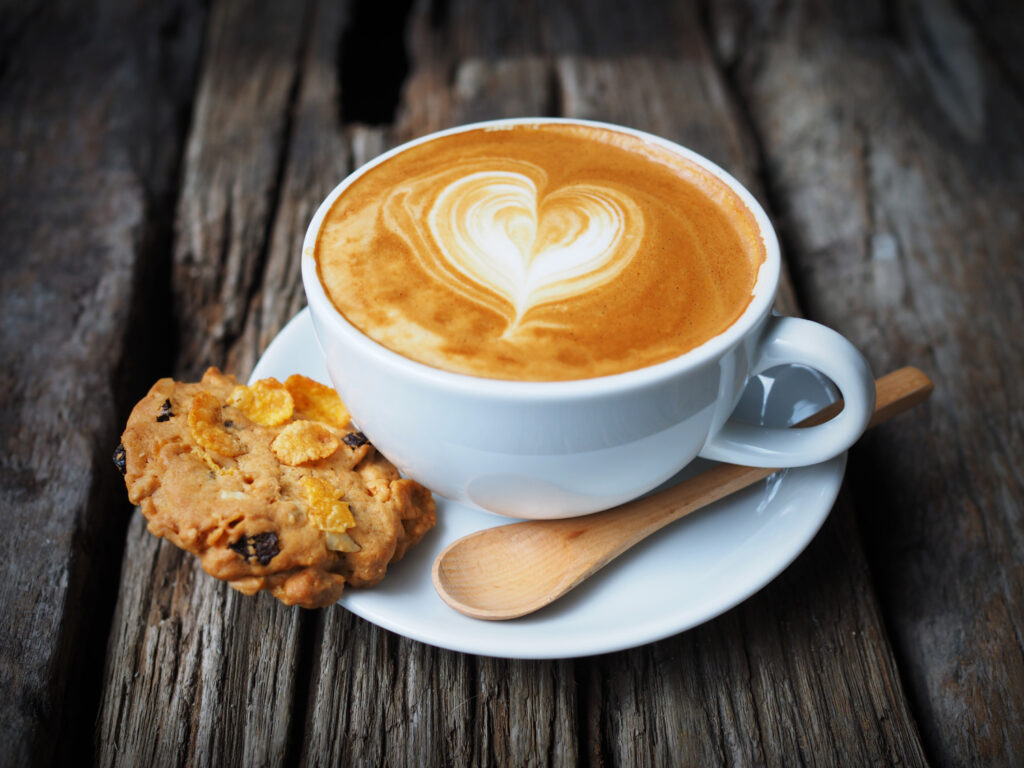It seems a joke, but it is not. Who would have thought that the organ in our body with the greatest influence on diseases such as depression or anxiety , right after the brain, would be the intestines? Or rather what we call the gut, which runs from the stomach to the rectum?
Depression is still a disease with many unknowns regarding its causes, its treatment and its recovery process, and that is why several studies have tried to analyze in detail what affects our brain to fall into that state . And some of them have suggested the surprising conclusion that the key (or one of them) is in the digestive system.
The Cause of Depression May Be Found in Your Gut.
Let us know how it can be the cause:
Our intestine has ‘its’ brain.
It is called the enteric nervous system (ENS) and is a division of the nervous system that is responsible for directly controlling the digestive system . It’s found in the layers of tissue that line the oesophagus, stomach, small intestine, and colon, and scientists are studying how this gut brain relates to our mood and behaviour .
Its main function is to control the digestion of food, from the moment of swallowing through the release of enzymes that help break down food in the stomach to the control of blood flows that help absorb useful nutrients and discard unnecessary ones. Throughout the process, it communicates with our brain with profound results that are yet to be fully understood.

For a long time, scientists have considered that anxiety and depression contribute to problems such as irritable bowel syndrome and intestinal pathologies such as constipation, diarrhea, bloating, stomach aches and pains.
What happens in our gut also affects the brain
Now, new evidence shows that the relationship could be reciprocal, and that what happens in our gut also affects the brain, causing people who suffer from any of these diseases to also be more prone to suffering from emotional imbalances, depression and anxiety.
The microbiota also affects us.
In the focus of these studies is also the microbiota , the set of millions of bacteria that live in them. Each of us carries about two kilos of these microorganisms in our stomach and intestines.
Although their effect is almost always positive and necessary for the proper functioning of our body (they help digest food, eliminate compounds that could be toxic to us and prevent the proliferation of dangerous bacteria), they can also have an impact on how we feel.
These are two science-proven ways in which the microbiota affects our mental health.
From head to stomach and back again.
We all know that our mental state affects our guts because we have felt it: when we are very nervous we feel as if someone is squeezing them, when we are very upset we find it impossible to eat and one of the common symptoms of depression is constipation.
It may not be so intuitive, but it is equally true that the same reaction occurs in reverse, and that the state of our digestive tract affects our mood.
A team of scientists from University College Cork , in Ireland, tried feeding a group of mice with Lactobacillus rhamnosus, a type of probiotic bacteria common in yogurts, and another group with a broth without these bacteria.(1)
When all the mice were then forced to swim in deep water, the probiotic-fed animals struggled to stay afloat, while the others sank without resistance, indicating the mouse version of depression. When placed in an unfamiliar environment, the former dared to go out and explore more often than the latter, who stayed behind seeking comfort from their companions, a sign of anxiety.
Another study, conducted at the University of California Los Angeles, gave a group of women probiotic-enriched yogurt twice a day for four weeks; another group was given non-probiotic dairy products and a third was given their usual diet.(2)
After four weeks, they all underwent a scanner to measure their brain response, and it turned out that the group that had consumed probiotic yogurt showed different results in terms of brain functions both at rest and in response to an emotion recognition task.
The microbiota changes our personality.
In another study , scientists at McMaster University worked with two different varieties of mice, chosen for their different personalities: one of them was shy and withdrawn, and the other was more sociable and daring.
The scientists eliminated all the microbiota from both varieties by giving them antibiotics, and then gave each one the gut bacteria of the other variety. And they discovered that at the same time they had exchanged their personalities: the shy ones were now sociable, and the sociable ones were now shy.
Can a diet cure depression?
No, it can’t. At least there is no scientific evidence to date that this can occur. Although the direct relationship between the digestive system and emotional imbalances is increasingly well recognized, experts warn that not enough is still known to establish a treatment.
However, there are some general dietary recommendations to prevent depression. These are the 5 keys that a study determined in this regard:(3)
- Follow traditional diet patterns, such as the Mediterranean , Norwegian or Japanese.
- Increase consumption of fruits, vegetables, legumes, whole grains, nuts and seeds.
- Include a high consumption of foods rich in polyunsaturated fatty acids with Omega 3.
- Replace unhealthy foods with healthy and nutritious foods.
- Limit the consumption of processed foods, fast food, industrial baking products and sweets.
Bottom Line.
Rising studies indicates a sturdy link between gut fitness and melancholy. Understanding the difficult connection between the intestine microbiome and mental well-being should cause innovative remedies and preventive strategies for despair. However, in addition research are needed to fully hold close the complexities of this dating and its implications for mental fitness care.
+3 Sources
FitMeMore has strict sourcing guidelines and relies on peer-reviewed studies, educational research institutes, and medical organizations. We avoid using tertiary references. You can learn more about how we ensure our content is accurate and up-to-date by reading our editorial policy.
- Ingestion of Lactobacillus strain regulates emotional behavior and central GABA receptor expression in a mouse via the vagus nerve; https://pubmed.ncbi.nlm.nih.gov/21876150/
- Consumption of fermented milk product with probiotic modulates brain activity; https://pubmed.ncbi.nlm.nih.gov/23474283/
- Dietary recommendations for the prevention of depression; https://pubmed.ncbi.nlm.nih.gov/26317148/
How we reviewed this article:
Our team of experts is always monitoring the health and wellness field, ensuring that our articles are updated promptly as new information emerges. See Our Editorial Process
May 13, 2025
Written By: Danielle Pashko
Reviewed By: Kim Ross
Written By: Danielle Pashko
Reviewed By: Kim Ross

 Workout
Workout
 Meditation
Meditation





 Contact Us
Contact Us











